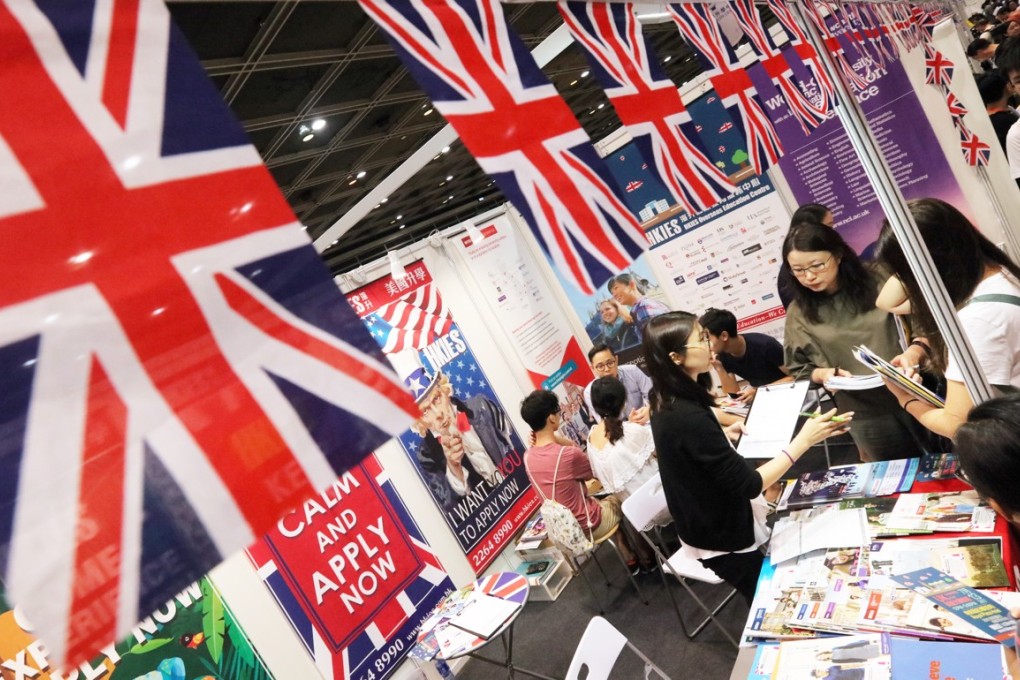How to prepare toddlers for overseas boarding schools
Enrolling in primary-level boarding schools overseas takes more than good scores

Many parents in Hong Kong see boarding schools in Britain or the United States as the preferred option, believing they offer an excellent all-round education and can open up opportunities at university level and beyond.
In most cases, 11 or 13 is seen as the best age for admission for kids who will have to deal with the challenges of being away from home for weeks at a time, while also settling into a new school environment and an unfamiliar system.
Recently, though, there has been a noticeable increase in interest in the possibilities of getting kids into primary-level boarding schools overseas. And, as a result, education advisers and learning centres in Hong Kong have been kept busy with inquiries about procedures, costs, strategies, and preparing younger kids for admission.
“Those considering top secondary schools – day or boarding - in the UK or US realise it’s getting more competitive to gain entry directly from Hong Kong at the most popular age of 13-14 years old,” says Jennifer Ma, co-founder and director of ARCH education. “Hence, parents are looking to go through the more extensive junior prep school recruitment channel instead and will consider sending their children overseas at the age of 9-10 or even earlier.”
The perceived advantages of such a move include making an early transition to the local curriculum and getting involved in sports and extracurricular activities, which may help to open doors at senior boarding schools. Kids already “in the system” overseas should have a clear head start when it comes to meeting standards and expectations and passing relevant tests.
Parents are looking to go through the more extensive junior prep school recruitment channel instead and will consider sending their children overseas at the age of 9-10 or even earlier
Ma, though, emphasises the need to plan and research everything very carefully. She advises parents to visit any prospective school - not just to rely on brochures, online videos and meetings in Hong Kong – and to do so with the children concerned. If possible, it also pays to enrol kids in a summer programme to give them a taste of boarding life and independent learning. The teachers there can be a great source of information and general feedback.